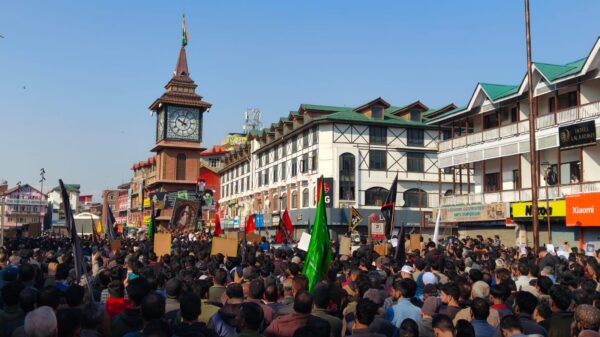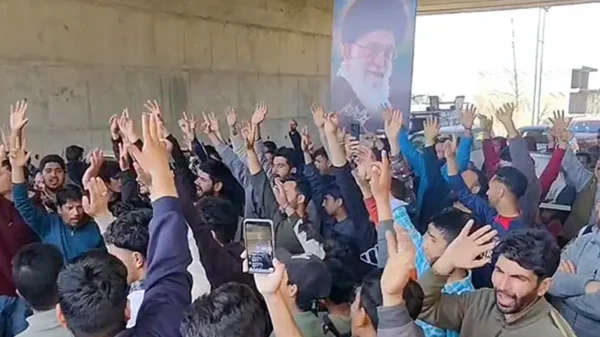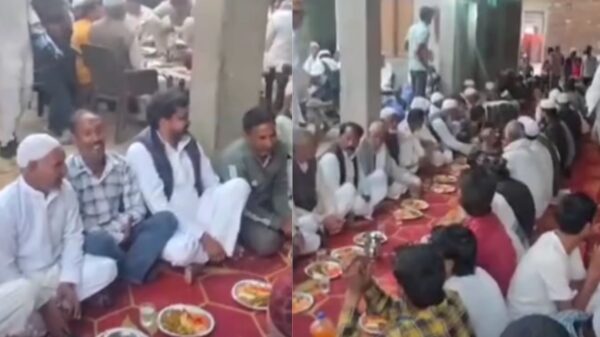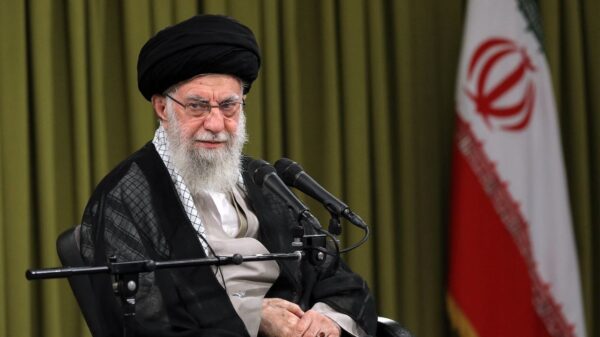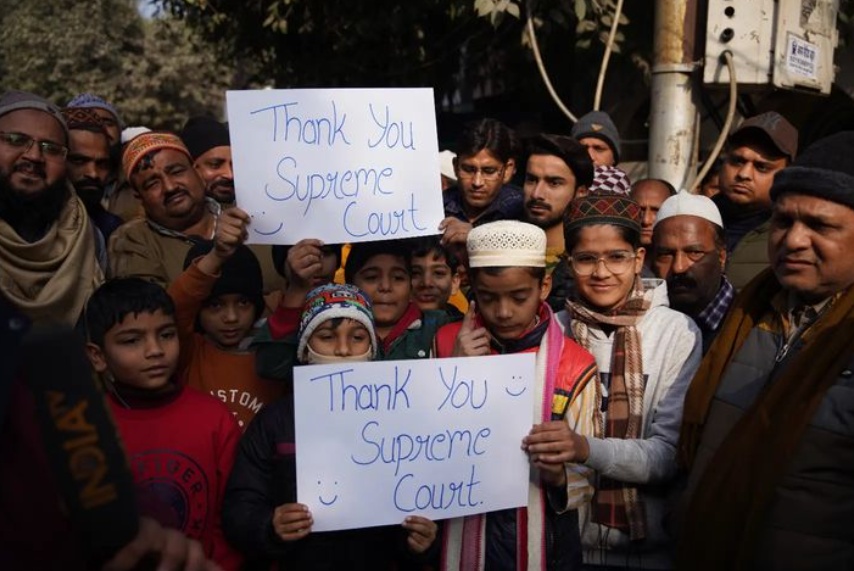The Supreme Court on Wednesday halted any immediate plans for the displacement of nearly 50,000 residents living in 4,365 houses near the railway tracks in Haldwani, Uttarakhand.
The Uttarakhand government was ordered by the court to create a rehabilitation plan for the impacted people within four weeks and submit it for approval by September 11. Highlighting the critical nature of the situation, the court acknowledged the plight of the people in Haldwani. During the hearing, the court reviewed images and videos illustrating that many of these families have long-term residences in the area.
A bench comprising Justices Suryakant, Dipankar Datta, and Ujjal Bhuyan said, “The ultimate thing is that they are human beings, and they have been living for decades. Courts cannot be ruthless; the courts also need to maintain a balance and the state needs to do something.”
The court made a clear statement in which it expressed worry about the possible harshness of hurried evictions and urged all parties involved—including the state and the railroads—to take a balanced approach.
During the hearings, the Supreme Court said, “And the state also needs to do something.”
The court expressed doubts about the way the matter was brought up, recommending that due process be followed instead of depending exclusively on public interest litigation (PIL) to get eviction orders.
The Supreme Court took up the railways’ concerns about the necessity of extending the platforms for Vande Bharat trains along the Haldwani railway tracks. While acknowledging the physical needs of the railway, the court emphasised the need to strike a balance between growth and human concerns.
The court further questioned the rehabilitation plan throughout the proceedings, saying, “We understand the railways’ position, but there needs to be a balance.”
The railways’ admission that they don’t know much about their lands was also taken into consideration by the court, which highlighted the need for a forward-thinking strategy that stays away from forested areas.
The court urged the federal government to take immediate action and decide on a course of action. It instructed the Uttarakhand Chief Secretary and representatives of the concerned central government agencies to call a meeting in order to develop a thorough restoration plan that is supported by all parties involved.
The disputed land accommodates about 50,000 people, predominantly Muslim, from more than 4,000 families.







